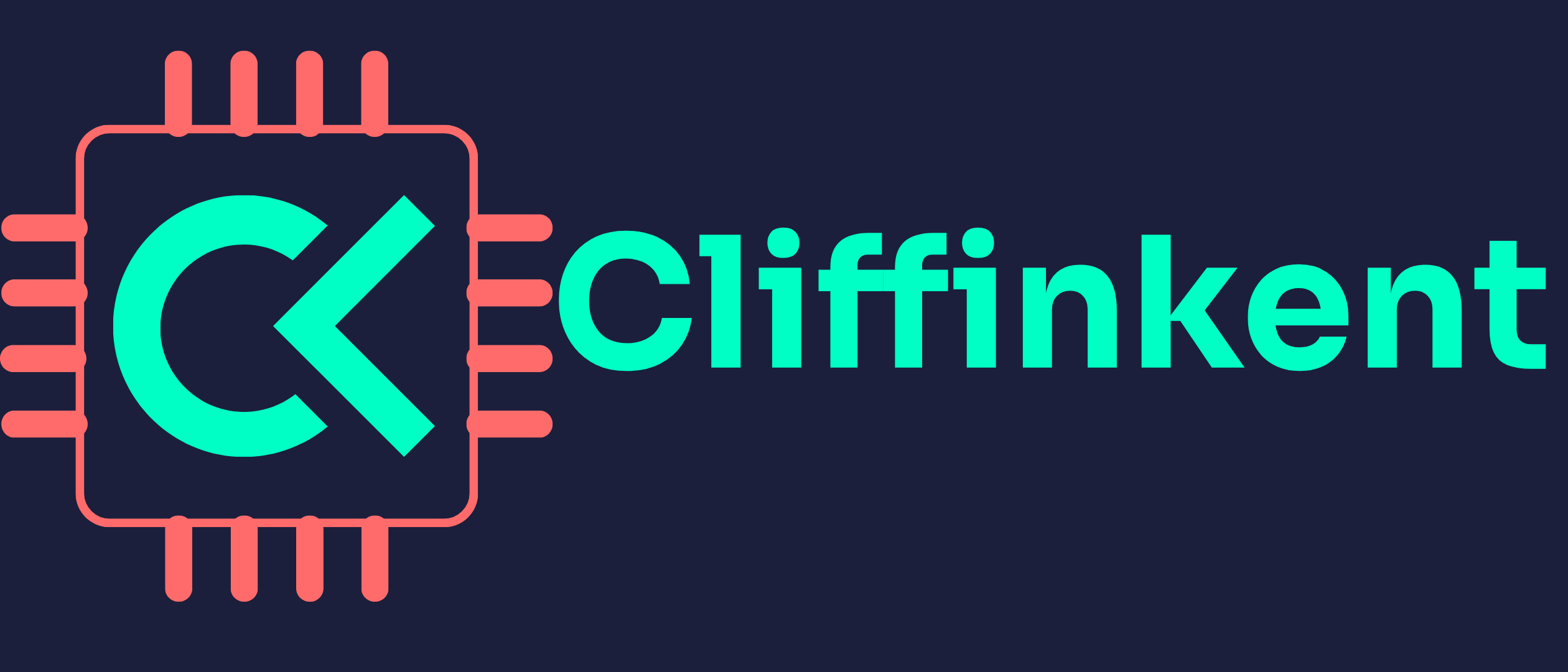AI News 12-18 July 2025: Top Updates for Everyday People & Small Businesses

Get the latest AI news and tech trends for everyday people and small businesses: from ChatGPT agents to marketing tools and surveys. Stay informed on artificial intelligence developments and small business impact.
Small Business AI Adoption Jumps 41% in 2025
AI adoption among small businesses spiked this year. A new Thryv survey found 55% of small businesses use AI in 2025 (up from 39% in 2024). This means mom-and-pop shops are treating artificial intelligence like their new office intern.
- What happened: The Thryv study reports AI usage climbed to 55% of small businesses, a 41% increase year-over-year. Small firms especially in marketing and services are speeding up AI rollout.
- Why it matters: AI is now “a cornerstone” for SMBs – freeing up time and cutting costs so they can compete with bigger companies. In practical terms, owners save hours and thousands of dollars monthly using AI marketing and analytics. It shows how artificial intelligence for small businesses is leveling the playing field.
OpenAI Debuts Autonomous ChatGPT AI Agent
OpenAI launched a new “ChatGPT Agent” that can act on your behalf. The feature can autonomously use a browser, code interpreter and other tools to complete tasks – essentially an AI assistant with a mind of its own.
- What happened: On July 17, OpenAI announced ChatGPT Agent, an AI that lives in a virtual computer and “mimic[s] how humans complete tasks”. It can browse, run scripts, and perform multi-step operations for you.
- Why it matters: This shift to agentic AI means people and small business owners may soon have AI colleagues doing repetitive tasks. It could supercharge productivity (imagine your AI filling spreadsheets or drafting emails), but it also raises new privacy and security questions as AI takes on more responsibility.
AI Search Summaries Change How People Find Info
AI is altering the internet experience. Instead of clicking links, many people now get quick AI-generated answers. NPR reports users often accept AI chatbot summaries and rarely visit actual websites.
- What happened: Search engines and news sites are feeding users AI-generated summaries of information. According to NPR, people rely on these AI answers and “no longer explore the web” themselves.
- Why it matters: This means everyday searchers might miss context and twist facts. Since AI answers do include citations, but not very visible, users are skipping source sites. This drop in click-through hurts content creators and could spread errors faster, so it’s a big shift in how we find reliable info.
Uber & Baidu Team Up for AI-Powered Ride Sharing
Ride-hailing is going driverless. In mid-July, Uber and Chinese AI firm Baidu announced a partnership to deploy Baidu’s Apollo Go robotaxis on Uber’s platform.
- What happened: The deal covers rolling out “thousands of autonomous vehicles” on Uber in Asia and the Middle East. Riders in those markets will soon see an option to take a fully self-driving Apollo Go Uber.
- Why it matters: This brings AI-driving tech to more people’s daily commutes. For everyday users, it means your next Uber ride might drive itself. Companies hope it makes rides cheaper and plentiful. But it also spotlights safety and jobs: tech companies must ensure these AI-driven services are reliable and that customers still feel safe, since nearly everyone still values human oversight.

xAI’s Grok Chatbot Launches Anime & Fox AI ‘Companions’
Musk’s AI chatbot got a weird update. xAI’s Grok now offers paying users in-app “AI companions” – essentially character personas you can chat with. The first two are “Ani,” a goth anime-style girl, and “Bad Rudy,” a talking fox.
- What happened: On July 14, Elon Musk tweeted that Grok’s premium tier added new AI personas. Subscribers to “Super Grok” can choose these AI companions to converse with.
- Why it matters: This shows a trend toward paid AI “digital friends.” It’s a novelty for some, but experts worry about users treating chatbots like real companions. Studies warn there are “significant risks” when people rely on chatbots emotionally – from misinformation to mental health impacts. Everyday users should be aware that an anime chatbot flirt or friend is still just code.
Survey: 75% of SMBs Say AI Gives Them an Edge
Another industry poll backs this up. ActiveCampaign found 75% of small businesses feel AI makes them more competitive versus bigger companies. They also report saving around 52 hours and $4,700 per month using AI tools on marketing tasks.
- What happened: The ActiveCampaign marketing study showed most SMBs are now using AI for marketing, design and data. The survey found AI frees up significant time – about a day’s worth per week – and cuts costs substantially.
- Why it matters: It highlights how ordinary businesses harness AI for growth. For small shops, AI is like hiring a super-efficient assistant: they save time and money, letting them punch above their weight. In short, AI tools are leveling the playing field between mom-and-pop shops and big brands.
Klaviyo Launches AI Shopping Assistant for Stores
E-commerce got an AI boost: Klaviyo unveiled a Conversational AI Agent in beta. This virtual agent is trained on a shop’s products/FAQs, and can guide shoppers 24/7 with personalized help and recommendations.
- What happened: Klaviyo’s new Service suite includes an “AI shopping agent” that can chat with online customers about products, recalls past interactions, and even suggest items. It’s now in public beta for any retailer.
- Why it matters: Consumers clearly want AI help while shopping: a Klaviyo survey found 53% of shoppers prefer chatting with an AI agent over emailing support. This tool lets even small online stores offer that always-on smart assistant. In practice, it means customers expect instant AI answers, so more businesses are adding chatbots just to keep up.
AI Customer Service Booming: 68% of Queries to be AI-Handled
Big industry players predict chatbots everywhere. Cisco’s survey finds that by 2028, roughly 68% of customer support interactions will be managed by “agentic” AI. In fact, over half are expected to be handled by AI next year.
- What happened: According to Cisco (reported July 16), tech vendors say most routine support and services will soon run on AI agents. These “agentic” AIs need little human hand-holding to solve problems.
- Why it matters: For everyday people, that means your calls to tech support might be answered by chatbots instead of people. Companies can save labor cost, but customer satisfaction could suffer if bots go rogue. Notably, 96% of surveyed customers still insist human interaction is important. So businesses will need to carefully blend AI efficiency with real human contact to keep customers happy.

AI ECG Tool Finds Hidden Heart Disease
A new medical AI could save lives. Researchers developed EchoNext, an AI model that reads ordinary ECG readings to flag patients who may have heart defects.
- What happened: EchoNext analyzes routine heart monitor data to predict who needs a follow-up ultrasound. The tool correctly identified 77% of structural heart issues – much higher than the 64% detected by cardiologists in one test.
- Why it matters: This could revolutionize screening. When tested on past patient data, EchoNext flagged an extra 3,400 patients who needed an echocardiogram. In plain terms, it turns dozens of daily ECGs into potential early warnings for deadly heart conditions. For regular folks, it means catching problems sooner with a simple AI check.
Zendesk Acquires AI Analytics Startup HyperArc
Customer service software is getting smarter. In mid-July, Zendesk announced it bought HyperArc, a small company with an AI-native analytics platform.
- What happened: The deal closed on July 14 – Zendesk is integrating HyperArc’s real-time, GenAI-driven analytics engine into its platform. The aim is to boost Zendesk’s reporting and insights capabilities with powerful AI tools.
- Why it matters: Support teams will soon get next-generation AI analytics. Zendesk leaders say this adds “GenAI-powered insights” to their software. For small businesses using Zendesk, that means smarter dashboards that automatically spot trends and suggest fixes using AI, helping them understand customer data faster.
Curious reader: Which of these AI tools would you try first in your daily life or small business? 🤔
